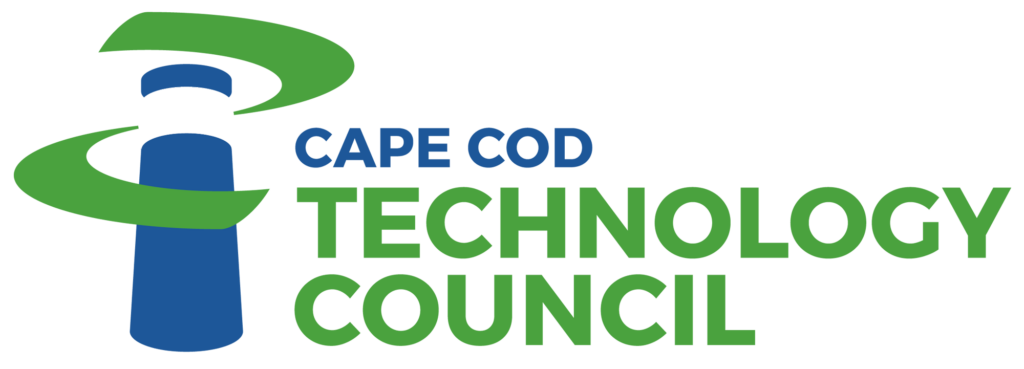This month’s Insfrastructure Meeting could be summarized as “the more you know (and the faster you know it.)”
The new tax on tech services, which was passed with a distinct lack of industry dialog, continues to be confusing on many levels. (Read the Technical Information Release from the Department of Revenue.)
Software tax has been in existence for a long time. The new tax, however, applies to customization and installation of pre-existing software, including open-source and proprietary software.
Not all services are taxable. For instance, software installation is taxable, but data-migration is not. So if you’re updating a system, you need to segregate your time by service type and bill accordingly. Anyone providing taxable services needs to register with the Department of Revenue, and collect and remit the tax.
The Department of Revenue is going to need to clarify how the law is applied. In the first seven days they have issued two versions of the FAQ page.
Since the tech industry has not traditionally collected sales tax, it’s an accounting and filing issue for many businesses. If you think the services you provide are taxable, and you don’t find the “Is It Taxable” chart handy (hint: you likely won’t), contact your tax professional as soon as possible.
A broad coalition of businesses, including Massachusetts High Technology Council, Staples and BJ’s Wholesale, filed a citizens petition this month to roll back the tax. Chambers of Commerce are also on board, since the tax is a huge disincentive for tech companies to come to (or stay in) Massachusetts.
The petition to get the repeal on the ballot, if approved, needs 65,000 signatures – an effort which will be spearheaded by the Massachusetts Taxpayers Foundation.
In the spirit of seeing what’s headed our way before it gets here, we hear Legislature is now looking at taxes relating to water quality issues:
“Now that a $500 million tax law is in place to pay for transportation infrastructure, addressing the state’s water needs is likely next on the list, according to lawmakers and an official from the trust fund that oversees clean water and drinking water projects.” (read the article)
What are they going to tax in order to get the money to pay for water quality?
We didn’t find out about the tech tax because it was buried in a transportation bill, but we have some advance notice on this one. It was suggested that members email the delegation to find out more about proposed taxes.
Speaking of wastewater, Cape-2-O is in progress. We’ve been hearing about water quality issues for years, but we’re in the minority. The game will raise awareness as well as crowd-source information.
The privacy conversation continues – here and at the Capitol. Read Sarah Peake’s Op-Ed in the Cape Cod Times, Fourth Amendment Rights at Risk.
The December First Friday will be a panel looking at what the standards for privacy are and what we as citizens can do.
We want to make sure people understand the implications of the technology they use. When we use GPS, we know we’re being tracked because that’s what makes it useful. How else are we being tracked, and what is happening to the data? When you save to the cloud, it’s never completely deleted. There are things you can control and things you can’t. We want to be clear on what those things are.
The American Library Association is going to be involved in privacy education.
Other news shared at the Infrastructure meeting was about Chatanooga, TN – a smart city. They have municipal utilities on a smart grid (a fiber infrastructure that manages the entire electric grid). They also added phone to the grid, since they could carry data on the same fiber. This drew criticism from editorial writers championing free market service. Smart grids (and projects like Open Cape), are in competition with companies like Comcast and Verizon.
To clarify, Chatanooga has a “last mile” network, which connects every business and residence. The Cape has a “middle mile” network, with fiber connecting to anchor institutions. The goal is to achieve last mile connectivity.
We’re so smart and connected, surely we won’t be blindsided by crippling legislation again anytime soon.
